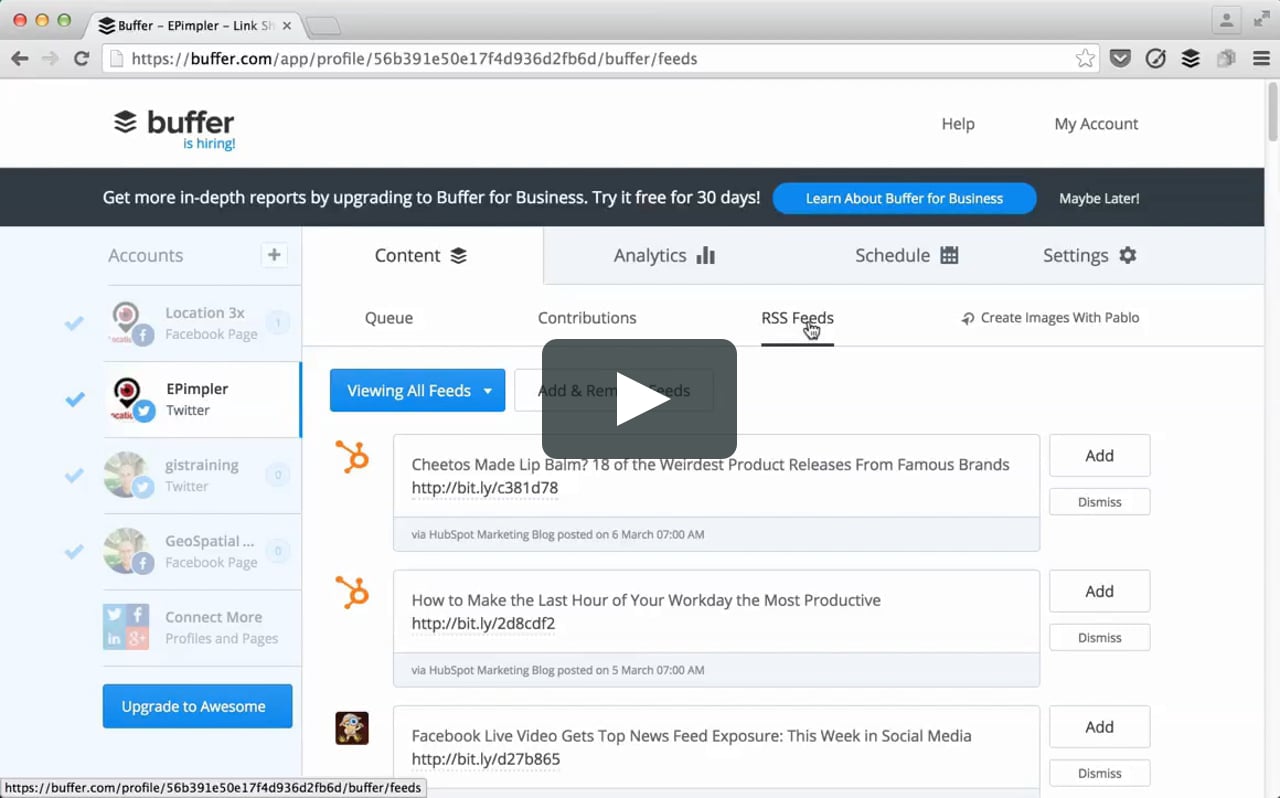
Twitter is one of the main social media tools I am using for these few months. It is a pleasant experience that I have never thought of how beneficial it is before I try it out. I think more specialists are using Twitter than other social media tools, such as Facebook. Therefore, I am easier to find for professional sources by searching hashtags #edtech, #psychology, and #edchat. As a Psychology major, I am surprised that many tweets are sharing various experiences and techniques in learning. Some learning methods and skills are typical and ordinarily used, but I learned how to apply them to different scenarios for tremendous and unexpected results. Therefore, using Twitter in learning to be a global educator and learner widens my horizon in how much I can learn from others. Twitter is a worldwide using tool that all people around the world can share, explain, and debate topics. Here is an excellent example that a sixth-grader expressed his purpose of school, which reminds me to reflect on my purpose of school.
“The purpose of school is not just to learn, but become a better human being. Sure, you also need to know your math and history facts. But the point of school is to gain skills like, compassion, self-awareness, organization, and kindness. That is a teachers ultimate goal.”
A sixth-grader
It lighted up my mind that I also wanted to ask myself: what is my purpose going to school? What is education? What should I be ultimately learning from others? Now, my answers are critical thinking and perspective-taking. Can you imagine this is inspired by a six-grade student?
To be more specific, I usually search using #edtech and #edchat for more inspirations. As a Psychology major, I learned to apply learning methods shared by educators in the psychology field. I understood that learning and teaching methods are not limited to the education field but in any other acknowledged situation.
During the past few weeks, I joined different Twitter chats that are related to psychology. There are more live conversations that people answer three to six questions and respond to others’ replies for educational chats. However, there are more weekly questions than live discussions for psychological chats. I am glad that I can share my relevant experiences with moderators and learn from people’s suggestions. I appreciate that Human Resources (HR) professionals share scientific articles and working skills on Twitter, which are useful for me to develop my Personal Learning Network and career plan being an Organizational Psychologist. However, there is one thing that I can do better in the future. Since I have not started my internship yet, I have no working practice as an HR staff. I am now mainly relying upon others’ sharing, imaginations, and case studies in class. I hope I can share more working experiences with different HR professionals so that they can give me more advice on how the HR office looks like.
Overall, I enjoy exploring on Twitter and be active in keeping conversations with learners, educators, and professionals. I think I will keep using Twitter as my primary learning tools to build my network.
Thank you, everyone, for visiting my blog and please feel free to share your ideas and experiences with me.
Please do not forget to follow me on Twitter for more related information and discussions.
Twitter: @PoYeeWong4


